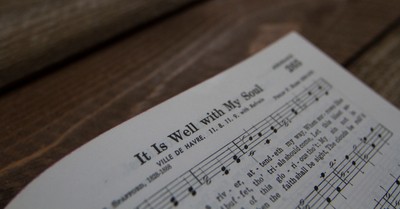The Difference Between “Praying For” and “Forgiving”
- Published Jul 15, 2011
In light of the extremely thoughtful responses I got in to Must We Pray for Our Enemies, (some of which you can read here), I thought I’d take a quick moment to distinguish between praying for and forgiving someone.
You don’t have to forgive a person in order to pray for that person. I’m always praying for people whom I don’t forgive. Most of the “enemies” of mine that I pray for don’t think they’ve done anything that even needs forgiving.
Forgiveness comes into play after a personal, one-one-one process by which wrongs done are delineated and resolved through the mutual allocation and acceptance of responsibility for those wrongs. I can only forgive someone after they’ve clearly and explicitly taken responsibility for whatever wrong they did me. Forgiving someone before they’ve apologized is like saying “Gesundheit!” to someone before they’ve sneezed. It doesn’t make sense; there’s no proper object for its application.
What you can do with someone who has wronged you, and couldn’t care less how you feel about it, is to understand them, and thereby achieve peacefulness in your feelings toward them. That is wonderful, doable, and, because harbored resentment is so toxic, necessary. All of us should so pointedly reflect upon those for whom we harbor resentment that ultimately we conclude that if we were them — with their history, and their challenges, and their resentments — we would have done the same sort of thing they did, if not something worse.
You forgive someone if they ask you to; you empathize with them if they don’t.
You pray as you pray.
[Update: As evidenced by some of the initial comments it engendered, this post is a bit of a failure. And that's my fault; the distinction I'm trying to make between forgiving and praying for is essentially semtantical. I meant to make that distinction partly in service of moving people away from too readily saying they forgive someone before they've really thought about what exactly it is they’re saying when they say that. And the reason I think it’s important to unpack that sort of knee-jerk "forgiveness" is because I find that so often people use “I forgive [the person who wronged me]” as a way of either short-circuiting the anger they should be feeling for that person, or as a passive-aggressive means of asserting moral authority over them. And in their own ways both of those really are failures.]
You're invited to like John's Facebook page.



















